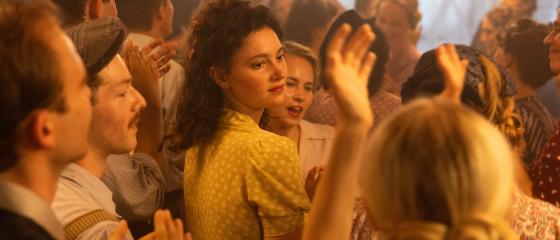Santi Amodeo's 'Las gentiles', Chema García Ibarra's 'Espíritu sagrado', Liliana Torres 's '¿Qué hicimos mal?' and Mounia Akl's co-production 'Costa Brava, Lebanon' compete for the Giraldillo de Oro in the Official Section
Acción Cultural Española (AC/E) has launched a new award in the competition's list of winners for Best Director of a Spanish Film
This year 's Spanish film selection includes eight world premieres, including the latest film by Rodrigo Cortés, 'El amor en su lugar', set in the Warsaw ghetto, and Violeta Salama's 'Alegría'
The New Waves Non-Fiction hosts the premieres of 'Canto Cósmico. Niño de Elche' by Marc Sempere-MOYA AND Leire Apellániz, 'Magaluf Ghost Town', the latest work by Miguel Ángel Blanca and 'Wan Xia' by Silvia Rey Canudo
Seville, 30 September 2021 - The Seville European Film Festival shows the diversity and vitality of Spanish cinema, which in this eighteenth edition will have an undisputed leading role in its programme. The festival will host the premieres of fourteen filmmakers: established figures such as Santi Amodeo, Rodrigo Cortés, Chema García Ibarra, Liliana Torres and Miguel Ángel Blanca will be competing alongside new directors who will be defending their debuts, such as Violeta Salama, Mounia Akl and José Luis Estañ.
All these filmmakers will be competing this year for Best Director of a Spanish Film, a new category that has been added to the Seville European Film Festival's awards list thanks to Acción Cultural Española.
Acción Cultural Española and the Seville European Film Festival have been collaborating uninterruptedly since 2014 through various exhibitions along with the Programme for the Internationalisation of Spanish Culture (PICE), through which more than 60 programmers and agents from the European film industry have taken part in the festival, creating important networks of contacts between Spanish filmmakers and the foreign industry. Given Spain's long list of participating professionals, comes the time to take a further step towards giving a voice to Spanish talent through direct support aimed at national filmmakers contributing to the internationalisation of their work.
In its desire to encourage and promote Spanish culture, both within and beyond its borders, Acción Cultural Española, together with the Seville European Film Festival, is creating the AC/E Award for Best Director of a Spanish Film, which aims to promote the creation and visibility of Spanish talent with a cash prize of 10,000 euros endowed to the director of the film.
This collaboration with Seville makes perfect sense given the festival's position as a major promoter of new Spanish cinema, offering a stable national and international premiere platform featuring the most daring and innovative new films on the national scene.
Spanish cinema that opts for the Giraldillo de Oro
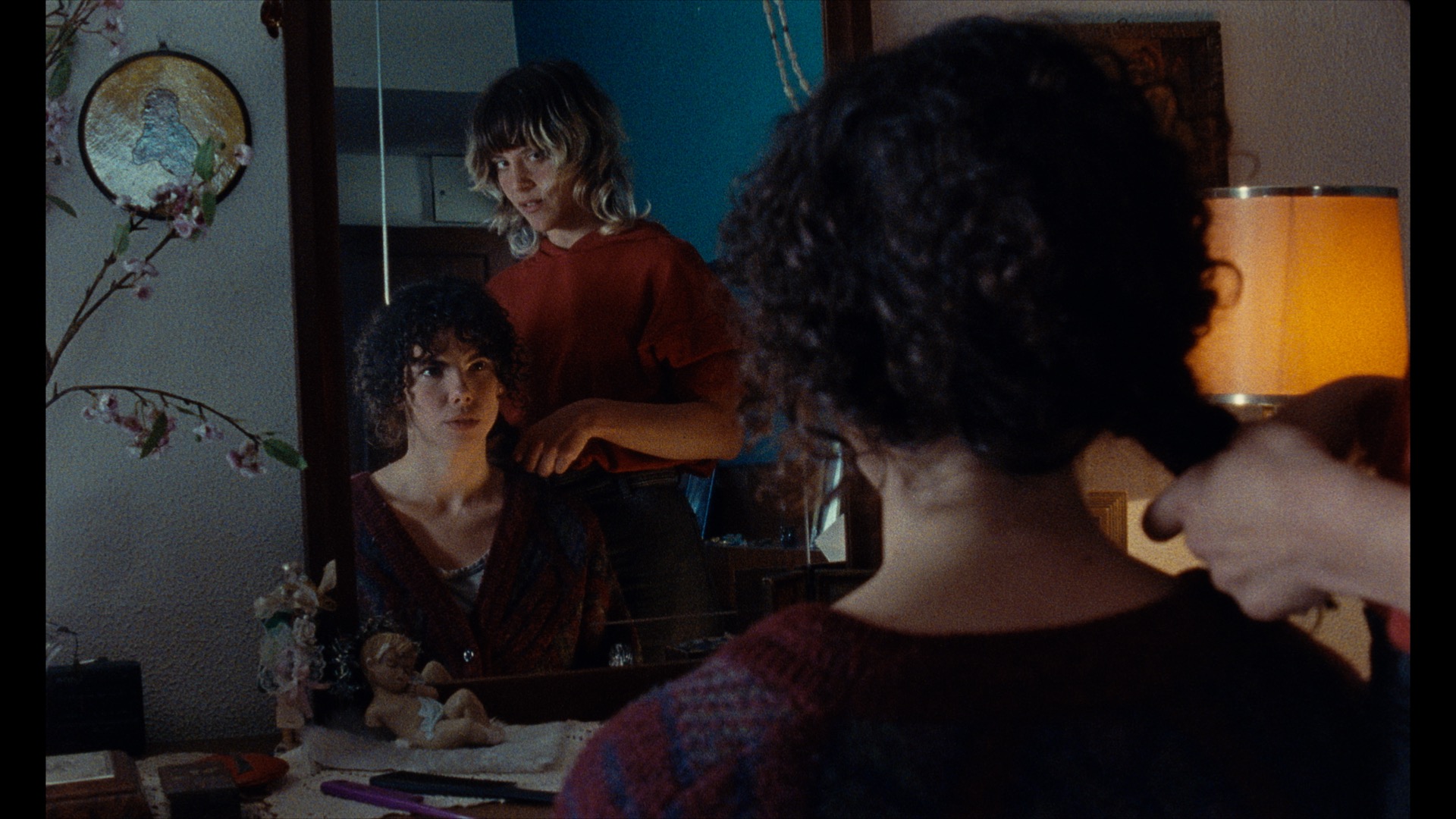
Las gentiles, by Santi Amodeo
Santi Amodeo with Las gentiles returns to his origins and his independent spirit represented in titles from his filmography such as Astronautas (2003) and Cabeza de perro (2006). This long-awaited release by the Seville-based filmmaker, a fundamental name in 2021, approaches young people once again to reflect on adolescence and the parallel reality that is forged in the ecosystem of social networks. Blessed with an undeniable ability to discover new acting talent, Amodeo, who is bringing this film to its world premiere in Seville, the city where it was shot in its entirety, has assembled a cast of new faces in which Africa de la Cruz and Paula García stand out. Shot in super 16 mm, in the technical team Álex Catalán excels as cinematographer.
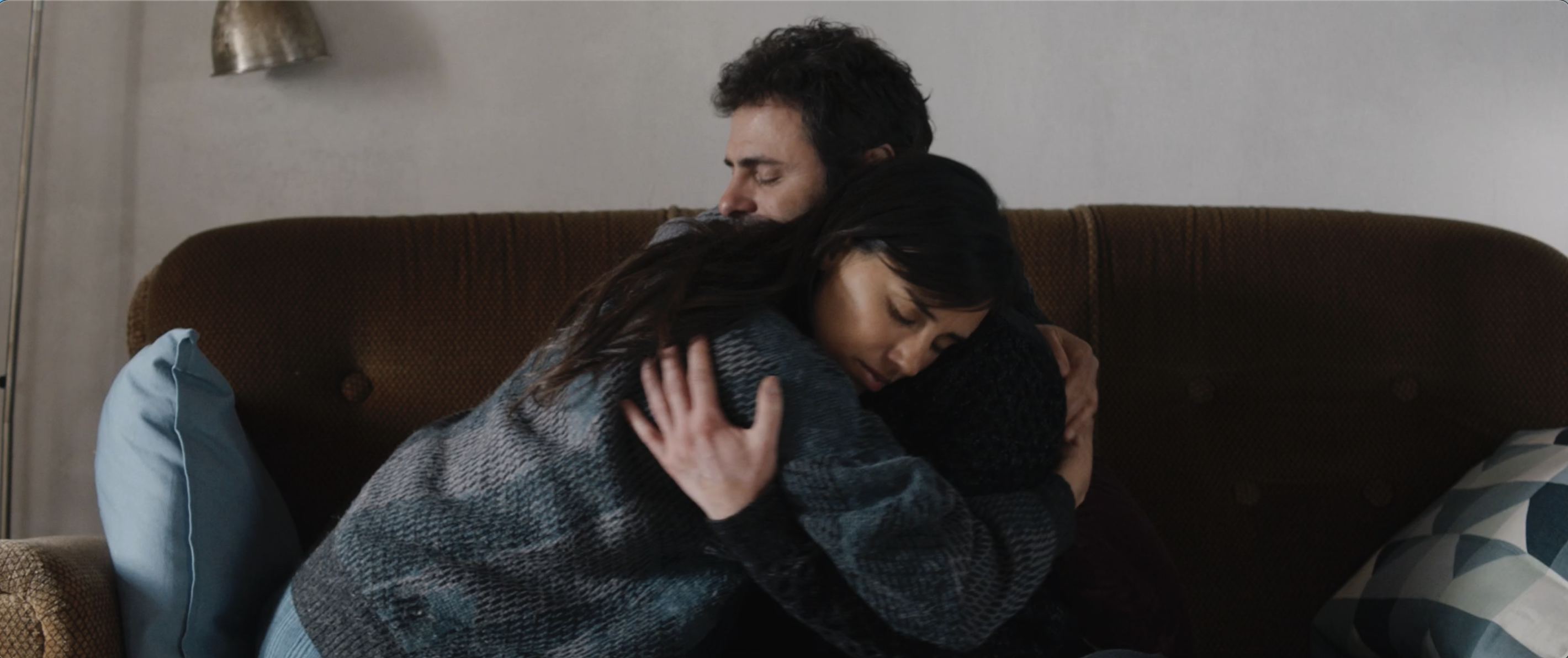
¿Qué hicimos mal?, by Liliana Torres
In ¿Qué hicimos mal?, the Barcelona-born Liliana Torres places herself in front of and behind the camera in what is her third feature film after Family Tour (2013) and the documentary Hayati (2018). World premiere at the Seville European Film Festival, Torres proposes a cinematic exercise, somewhere between amusing and pathetic, with elements of autofiction. Here Torres plays a film director in the midst of a relationship crisis who, in a permanent struggle against her emotional emptiness, travels to the different cities where her former boyfriends live aiming to explore the fragility of sentimental relationships and her own vulnerability.
¿Qué hicimos mal? will have its world premiere at the Seville European Film Festival and, just the week after, their international premiere at the prestigious Tallinn Black Nights Film Festival, one of the main continental competitions of the moment and a benchmark for northern European cinema.

The Sacred Spirit, by Chema García Ibarra
The already announced presence of the latest work by Elche-born Chema García Ibarra will be one of the highlights of the Official Section of the Seville European Film Festival. Having won a Special Mention at Locarno and the best reviews in the main section of the festival, The Sacred Spirit once again demonstrates the creativity and unclassifiable nature of his films. This award-winning short filmmaker was present at festivals such as Berlin and Sundance, now García Ibarra has finally made the leap to feature length to offer a particular look into the everyday life of his native city of Elche, mixing elements of tragicomic thriller, and featuring non-professional actors.
Mounia Akl is also one of the big names in the Official Competition Section, in this eighteenth edition sharing the spotlight, as previously announced, with some of the most influential filmmakers in European cinema today, such as Andrea Arnold, Mia Hansen-Løve and Miguel Gomes, among others. For the Spanish premiere of Costa Brava, Lebanon, the Lebanese director collaborated with two Catalan filmmakers: Carlos Marques-Marcet (Los días que vendrán) on the editing and Clara Roquet (Libertad) on the screenplay. Starring Nadine Labaki, the film follows a family who, after fleeing a Beirut ravaged by pollution, settle in the mountains and create a new habitat far from the frenetic pace of the city. Conveying a powerful environmental and feminist message, Mounia Akl's first feature film is also a portrait of three generations of women whose decisions gradually prevail over the paternal discourse.
Official Selection Out of Competition
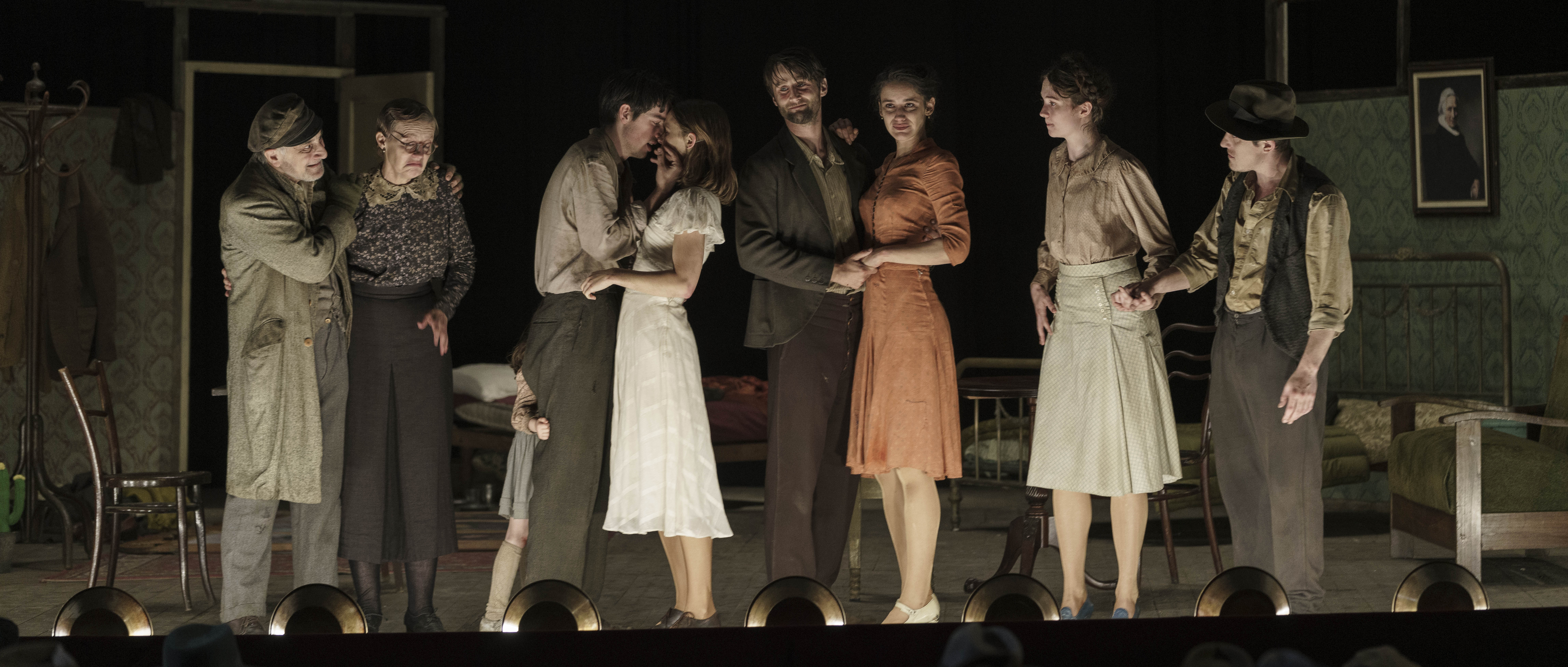
Love Gets a Room, by Rodrigo Cortés
Rodrigo Cortés, director of successful titles such as Buried (2010) and Luces rojas (2012), will be bringing the world premiere of Love Gets a Room, inspired by real events, to Seville. The film explores the cultural life that, under the harshest conditions, continued to develop in the Warsaw ghetto during the Nazi occupation. The film recounts the true story of a group of Jewish actors who, in an attempt to bring some hope to their people, play a musical comedy in a theatre while their existence is shaken by a life-and-death situation. The soundtrack was scored by Cortés, who once again collaborated with the composer Víctor Reyes.
The Seville European Film Festival will also welcome in its Official Section Out of Competition the debut of the Granada-born Violeta Salama with Alegría, a luminous debut feature in which she depicts the coexistence between Jews, Catholics and Muslims in the city of Melilla, where she lived for a time. The daughter of a Sephardic father and a Catholic mother, Salama is committed to the understanding between cultures, to emotions and to the childhood imaginary that she keeps alive in her memory. To do so, she uses a female-led ensemble cast, headed by Cecilia Suárez (La casa de las flores), accompanied by Laia Manzanares and Sarah Perles, with Leonardo Sbaraglia as the male co-star.
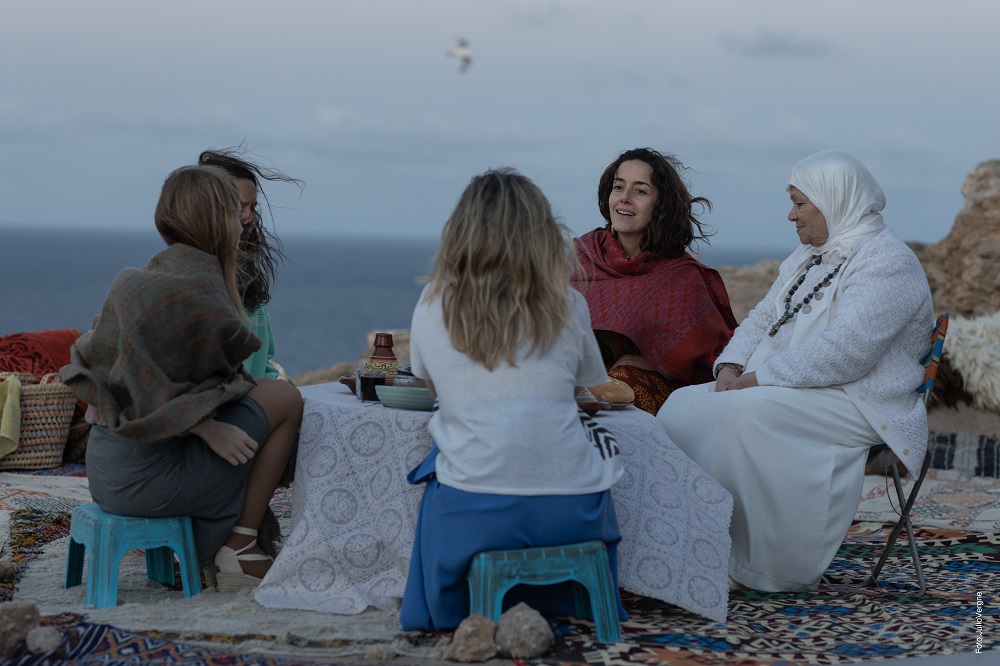
Alegría, by Violeta Salama
Surfing the waves against the tide
The New Waves and New Waves Non-Fiction, emblematic sections of the Seville European Film Festival, are hosting a total of six Spanish feature films in this eighteenth edition.
The New Waves Non-Fiction section, which traditionally offers new perspectives on reality, will be screening the world premieres of five films. In Canto Cósmico. Niño de Elche, Marc Sempere-Moya and Leire Apellániz expand the viewer's fascination with this cantaor (flamenco singer) both heterodox and questioned by the flamenco canon. On the one hand, this documentary allows us to understand the musician's impact on the Spanish scene and the role of the flamenco tradition, while at the same time providing a snapshot of the current Spanish cultural context.
On the other hand, the Festival is hosting the Spanish premiere of Magaluf Ghost Town, the latest work by Miguel Ángel Blanca, a musician and filmmaker who explores new paths in non-fiction as he has already done in titles such as Your Lost Memories and Quiero lo eterno. Awarded a prize in Thessaloniki, this documentary penetrates the entrails of the Balearic municipality, outlining the portraits of its inhabitants who, in the context of a destination that has become stigmatised by the most inebriated European tourism, try to find their identity.
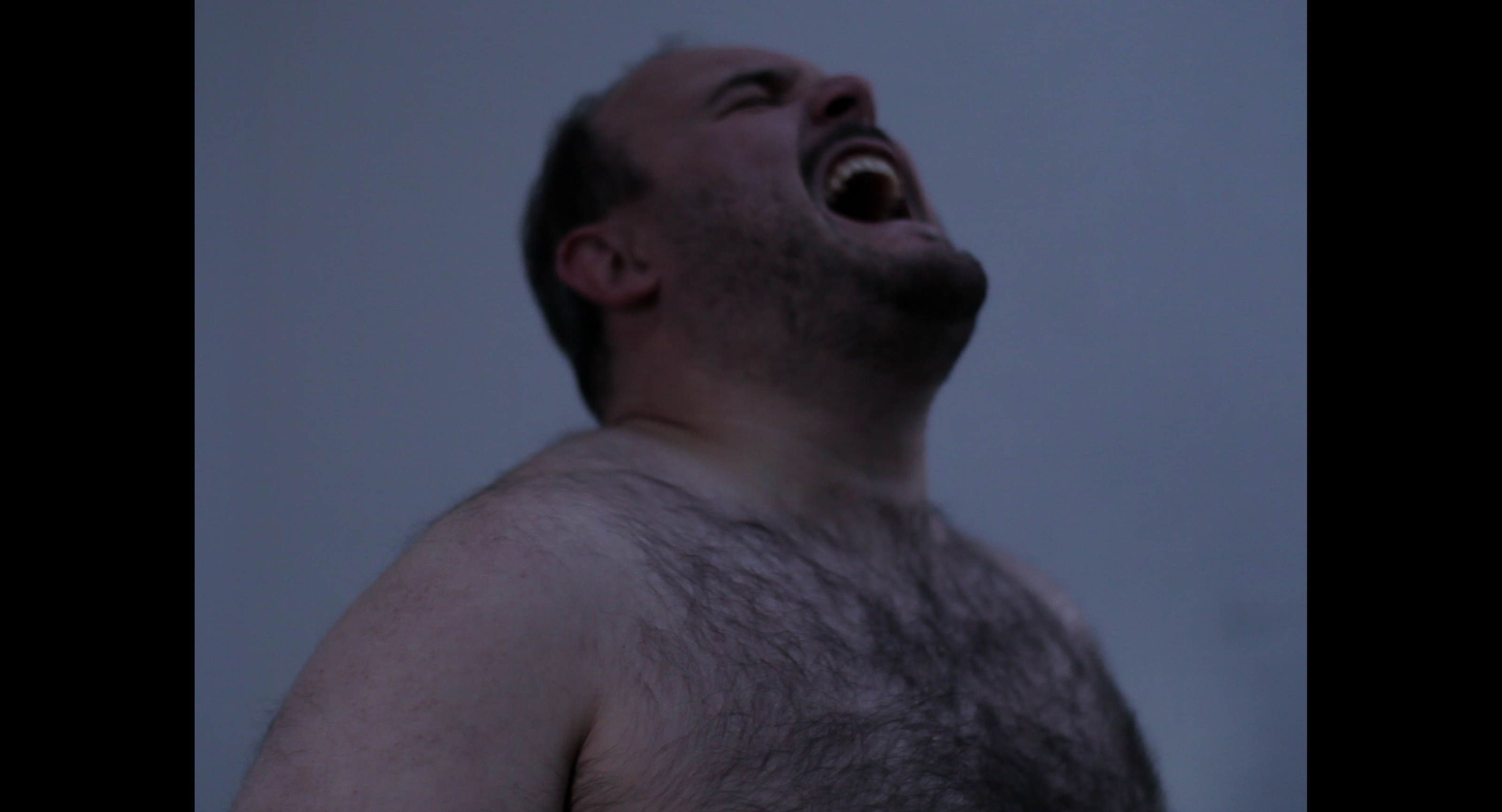
Canto cósmico. Niño de Elche, by Marc Sempere-Moya and Leire Apellániz
The same section will also present the world premiere of Wan Xia, by Silvia Rey Canudo, a study of the usually hermetic Chinese communities in Spain, a field she already approached in 2018 in a production that earned the Goya Award for Best Documentary Short Film.
Two co-productions complete the presence of the Spanish stamp in The New Waves Non-Fiction. In Miguel's War, winner of the Teddy Award at the last Berlinale, Eliane Raheb traces the stark portrait of a homosexual of Lebanese origin who in his youth travelled to Spain to freely live his identity and his own personal development outside his mother's strict censorship.
The last of the titles on this list of Spanish productions is Passion, a Swedish-Spanish co-production in which Maja Borg studies the relationship between Catholic orthodoxy and sexual practices such as queer BDSM. From their point of view, what unites spirituality and sexuality is the same: passion.
As previously revealed, the journey of two brothers in search of an inheritance after the death of their father is the central theme of the story brought to the screen by Canarian David Pantaleón in Rendir los machos, the feature film that opens the New Waves section.
In addition, two other Spanish films will form part of the Seville European Film Festival programme in other sections. In Extraordinary Stories, a selection that was launched last year with the aim of providing a space dedicated to a type of cinema that is both accessible and commercially oriented, the world premiere of A diente de perro, by José Luis Estañ, is included. Sponsored by Caballo Films, producers of Rodrigo Sorogoyen's films, this is a fast-paced action film starring a young man who finds himself caught up in a destructive spiral when he comes into contact with the drug mafia.
Finally, Endless Revolutions, the window to the most audacious and cutting-edge cinema, will feature the already announced Un cielo tan turbio, by Álvaro F. Pulpeiro, a sort of road movie in which the Galician director delves into the heart of the oil mafias on the border between Venezuela and Colombia to reflect on the North American intervention in the countries of the South to appropriate their raw materials.
Programme preview
Official Section
- THE SACRED SPIRIT, by Chema García Ibarra
- COSTA BRAVA, LEBANON, by Mounia Akl
- LAS GENTILES, by Santi Amodeo
- ¿QUÉ HICIMOS MAL?, by Liliana Torres
Official Selection Out of Competition
- ALEGRÍA, by Violeta Salama
- EL AMOR EN SU LUGAR, by Rodrigo Cortés
The New Waves
- RENDIR LOS MACHOS, by David Pantaleón
The New Waves Non Fiction
- PASSION, by Maja Borg
- MAGALUF GHOST TOWN, by Miguel Ángel Blanca
- WAN XIA, by Silvia Rey Canudo
- CANTO CÓSMICO. NIÑO DE ELCHE, by Marc Sempere-Moya and Leire Apellániz
- MIGUEL'S WAR, by Eliane Raheb
Permanent Revolutions
- SO FOUL A SKY, de Álvaro F. Pulpeiro
Extraordinary Stories
- A DIENTE DE PERRO, José Luis Estañ






